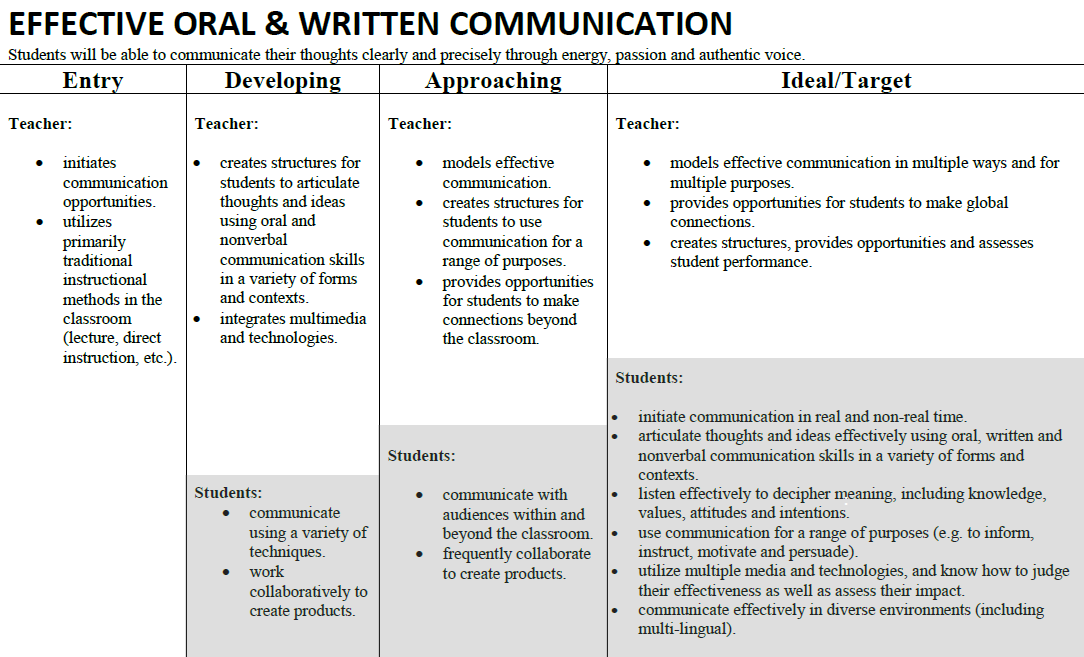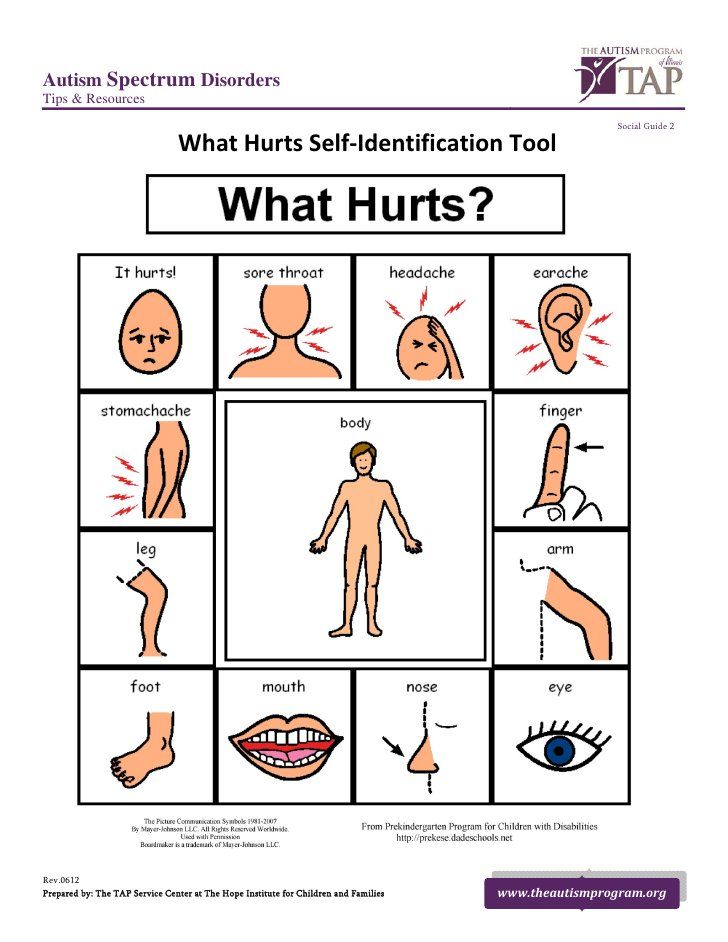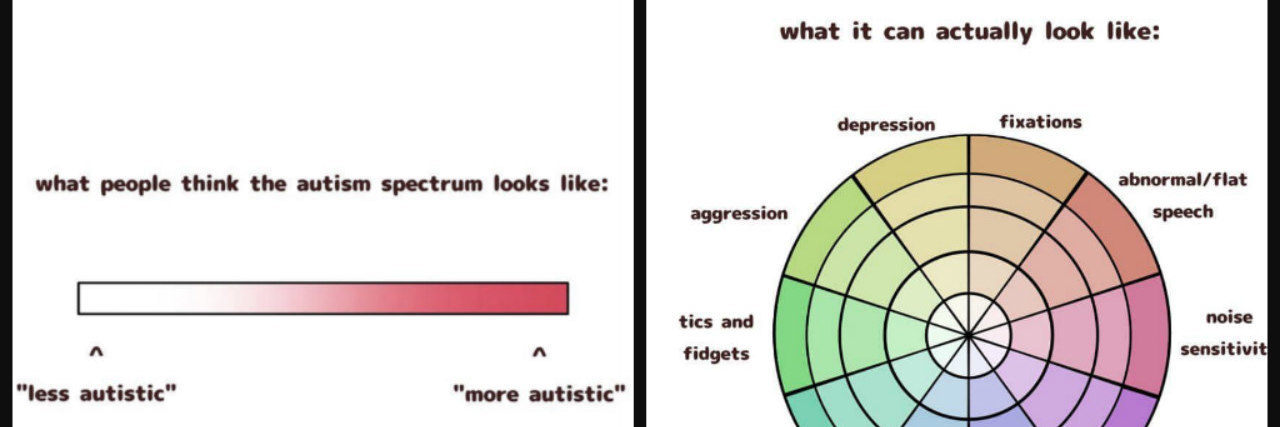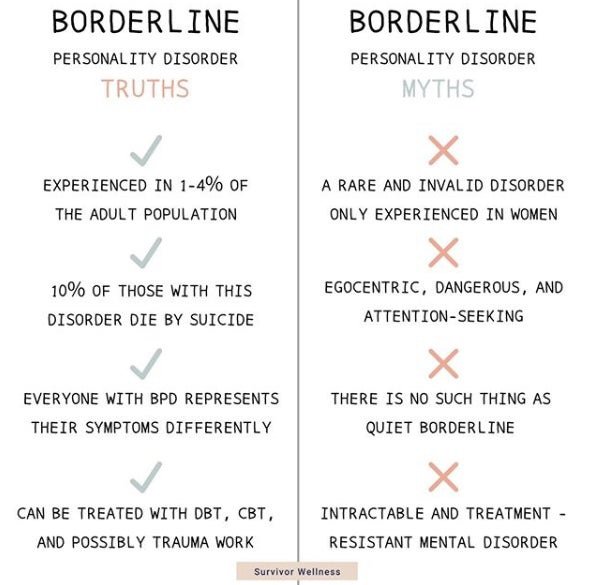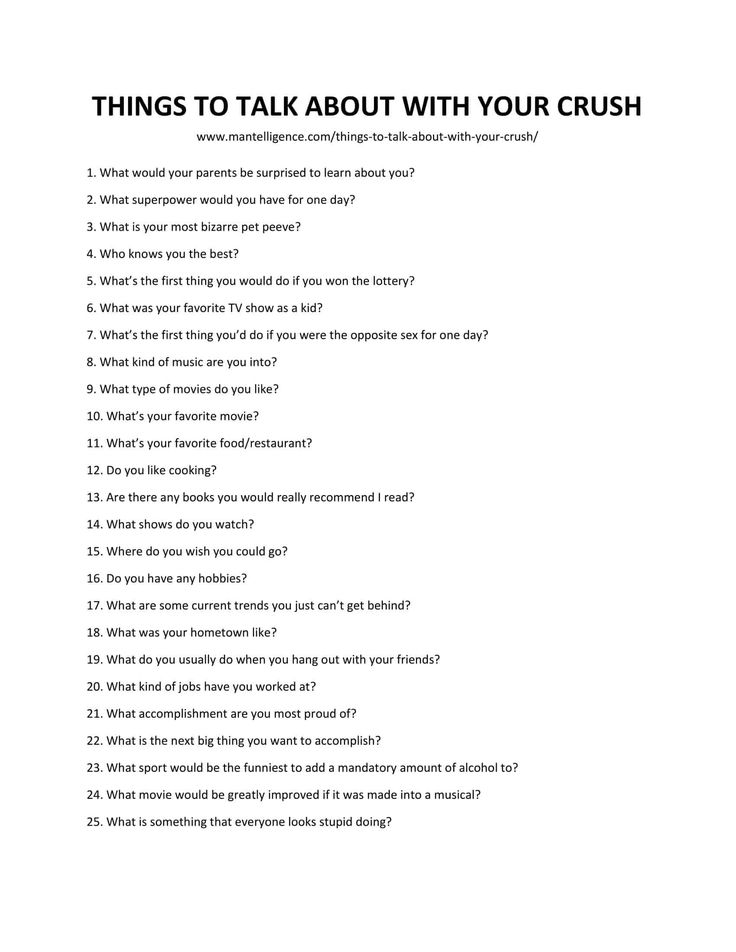How to communicate with others effectively
3 steps to better communication
Clear, efficient communication is an art form, and it can take a lot of practice to master. Here are some helpful tips to guide you in improving your communication skills, so you can become assertive and confident in getting your message across.
How to effectively communicate
- Practise active listening.
- Be assertive and confident when expressing your thoughts.
- Remember to be mindful of your body language.
- Be specific about your message and straightforward when describing what you mean.
- Always consider who you are talking to, and adapt your communication style to suit the situation.
Be an active listener
Good listeners ask questions, respect people's right to disagree, and know when to offer help. Learn how to be a great listener with these simple steps:
- Let others talk. If someone talks to you about something difficult or important, don't interrupt them with a story about yourself, even if it's relevant.
Let them finish what they want to say and then help them work out how they feel about it.
- Don't judge others. If someone comes to you with a problem, help them work through whatever they're dealing with and suggest options rather than pass judgement.
- Accept that they may disagree with you. If someone comes to you for help or advice, don’t expect them to do exactly what you say. While they may have sought your advice, they may also disagree with it. Let them choose their own path.
- Ask open questions. Instead of asking ‘yes/no’ questions, use open questions that let the speaker take the discussion in the direction they want. For example: ‘Can you tell me about...?’
- Show them you're listening. Ask questions about what they tell you, and recap what they’ve said in different words to see if you've got it right. People will trust you more if they know you're really listening to them.
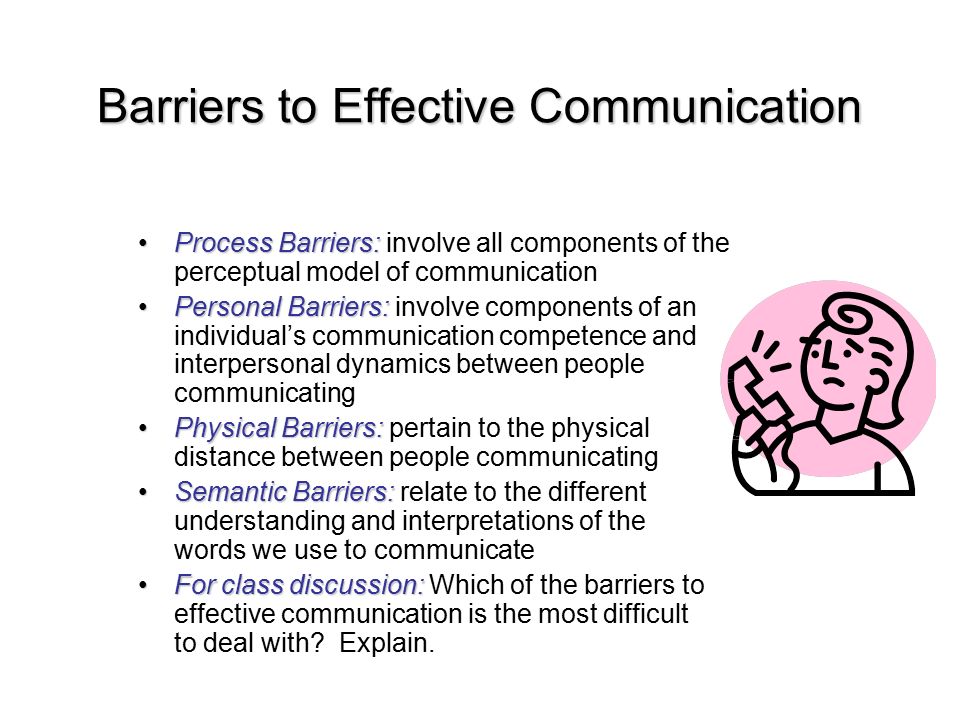
Be an assertive communicator
There are three main ways to communicate:
- Aggressive communication involves speaking in a forceful and hostile manner that alienates others.
- Passive communication is characterised by not expressing your thoughts, feelings or wishes. This form of communication can make you feel like others are walking all over you.
- Assertive communication involves clearly expressing what you think, how you feel and what you want, without demanding that you must have things your way.
When you are assertive, you can:
- express your own thoughts, feelings and needs
- make reasonable requests of other people (while respecting their right to say ‘no’)
- stand up for your own rights
- say ‘no’ to requests from others, without feeling guilty.
Mind your body language
The way you speak – including the volume and tone of your voice, your physical gestures and your facial expressions – has an important impact on how your message will be received. For example, if you fold your arms in front of your chest and look stern, people are likely to feel defensive even before they’ve heard what you have to say.
For example, if you fold your arms in front of your chest and look stern, people are likely to feel defensive even before they’ve heard what you have to say.
On the other hand, an open posture, calm voice and relaxed body language will help the other person feel at ease.
Here's an acronym that might help you remember good body language:
R – Be relaxed and comfortable, and don't fidget
O – Adopt an open posture (no crossed arms)
L – Lean towards the person – not too much, but just enough to show interest
E – Maintain eye contact, without staring
S – Face the person squarely
What can I do now?
- Be aware of how your body language can make people feel comfortable.
- Practise assertive communication, by saying what you think, how you feel and what you want.
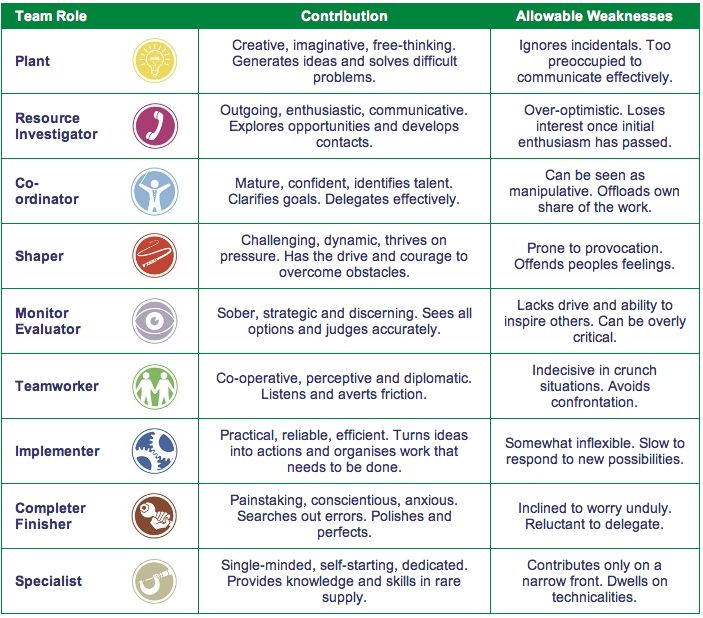
- Practise asking people about themselves, and remember to let them talk without interruption.
- Read about how to have difficult conversations.
Explore other topics
It's not always easy to find the right place to start. Our 'What's on your mind?' tool can help you explore what's right for you.
What's on your mind?
6 Tips On Communicating With Others
By Tiffany Oakes
October 7, 2017
3 minutes to read
Comments
Summary: Communication is a topic that can be hard to master.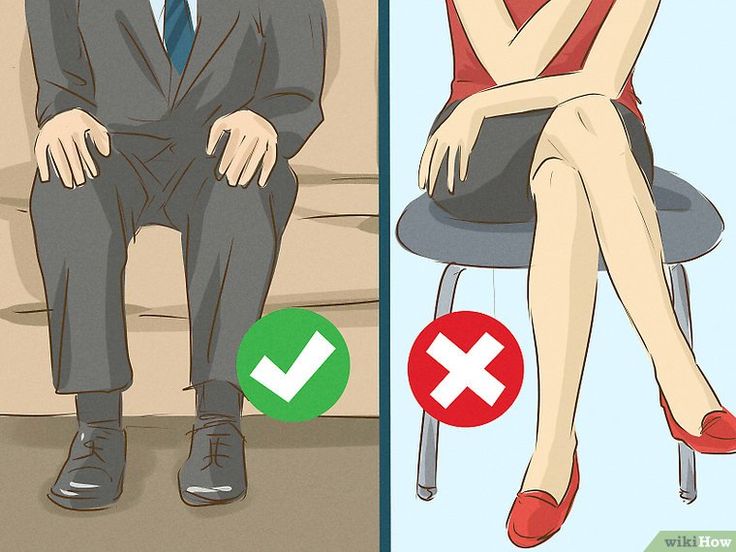 How do we communicate effectively so we can have good relationship with others, whether in the workplace or at home?
How do we communicate effectively so we can have good relationship with others, whether in the workplace or at home?
Here are 6 tips on communicating with others effectively, whether in the workplace or at home:
1. Really Listen
Most of us do more talking than listening. What is it that makes us more concerned about what we are going to say than what the other person is saying to us? Take the time to really listen to what people are saying, by their words, tone, and body language. If they know you are really listening to them, they will be more open and trust you with their real thoughts and feelings. Ask questions about what they are saying to encourage them to open up more. The more you really listen, the more they will open up, the more you really listen, the more they will open up… and the cycle goes on.
2. Come Alongside The Other Person
People don’t need friends who beat them up; they need friends who help them out. Being a friend means coming alongside the other person even if you don’t agree with them.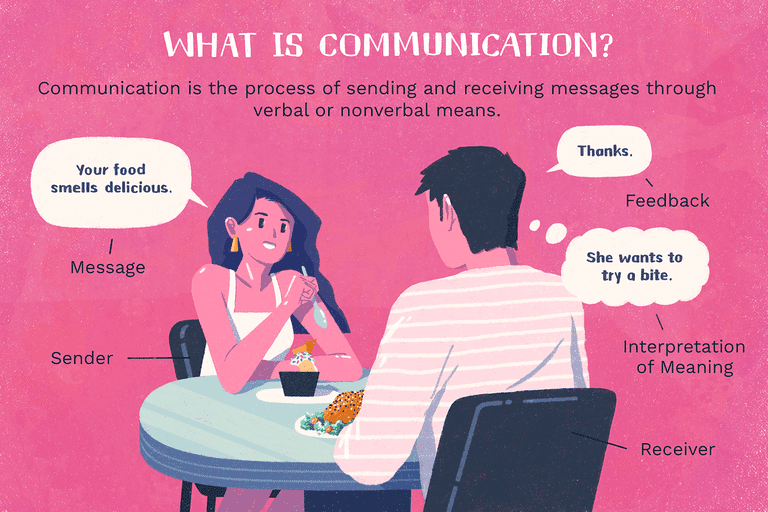 It’s being there and showing support as they work through the problem. Don’t try to solve or judge their issues; just be there and let them know you care about and support them.
It’s being there and showing support as they work through the problem. Don’t try to solve or judge their issues; just be there and let them know you care about and support them.
3. Don’t Give Unwanted Advice
Do you have one of those friends who love to give you advice even when you don’t ask for it? Most unwanted advice is just that – unwanted. Wait until your friend asks for advice and then give it to them. If they don’t ask for your advice, don’t give it to them. Giving unwanted advice makes you seem like a know-it-all and that doesn’t make for a good friendship or good communication. Sometimes the person just wants you to listen while you are trying to fix the issue instead. A good question to ask is “Do you want me to listen or help problem solve?”. This will give you the answer on if they want advice form you on this subject. If they say “just listen”, then do that. Close your mouth and just listen. That is the best way to be helpful at that time. If you are respectful of their needs, there might come a day when they actually ask for your advice.
4. Check Your Tone And Body Language
Body language is more telling than the actual words you say. Therefore, watch your tone and body language when you are speaking. Is your tone harsh? Does your face give away your disgust when someone else is talking? Do you smile and reassure the person who is talking? Your body language says more about your feelings and thoughts than your actual words so keep that in mind the next time you have a conversation with someone. Check your body language to ensure it is consistent with your words.
5. Be Real
The best way to communicate is by being open and honest. If you are frustrated, say “I’m frustrated”. Being able to label your feelings and work through them can help you when communicating with others. If you don’t want to talk about a subject, say “I don’t want to talk about that” to let the other person know where you stand. Being able to articulate your thought s and feelings can be a big step in getting good communication with others.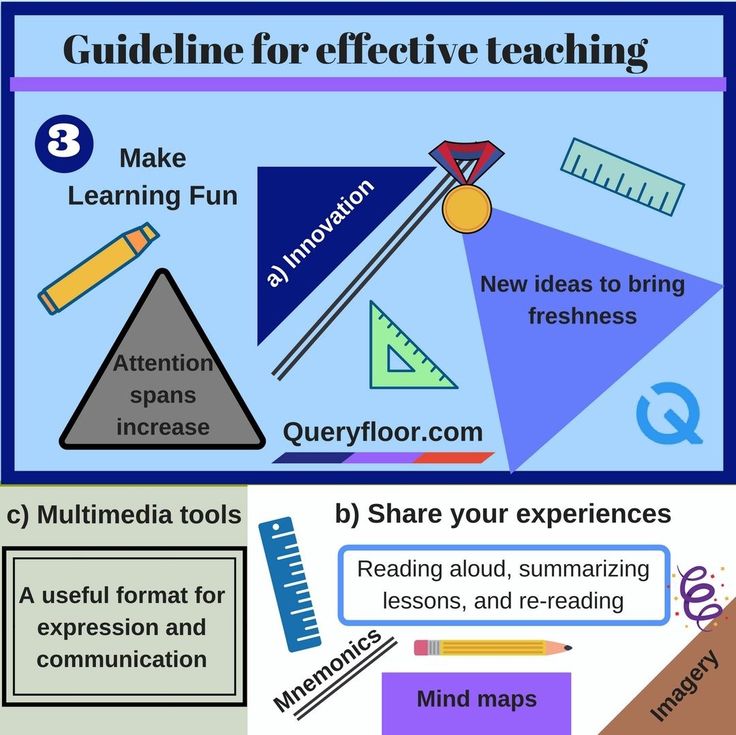 Little kids are great at this as they have not learned all the social nuances of how to hid their feelings and be deceptive in their communication. We could all use a trip back to being a child when understanding how to communicate more honestly.
Little kids are great at this as they have not learned all the social nuances of how to hid their feelings and be deceptive in their communication. We could all use a trip back to being a child when understanding how to communicate more honestly.
6. It’s Not About You
I hate to say it, but communicating isn’t all about you. Communication is a two-way street and we need to remember that the other person’s thoughts and feelings are as important as our own. I know that it hard to comprehend, but we need to have that give and take when communicating with others. To have a truly good communication, there needs to be honest going both ways and a good understanding of what is being said. Asking clarifying questions and letting the other person know you are listening are great ways to enhance communication.
Try these tips to see if they enhance your communication with your co-workers and family. You might be surprised at how simple it really is to communicate with others.
Effective communication: how to improve communication skills
The ability to communicate is an important skill that ensures quality relationships not only between close people, but also with colleagues. In this article, we will describe in detail what communication skills are and how to improve the level and quality of communication in a team.
What is sociability
You have important negotiations coming up, you do not know how to express your thoughts, convey your point of view to the interlocutor. You experience stiffness in a conversation with an opponent, you are embarrassed to make even a speech prepared in advance. This is how misunderstandings, omissions, conflicts arise. nine0003
It would seem so easy to say what you think. But while you select the right words, their meaning is lost. How to develop communication skills and learn how to directly, openly conduct a conversation? Psychologists have developed many practices and trainings that help you become an excellent speaker.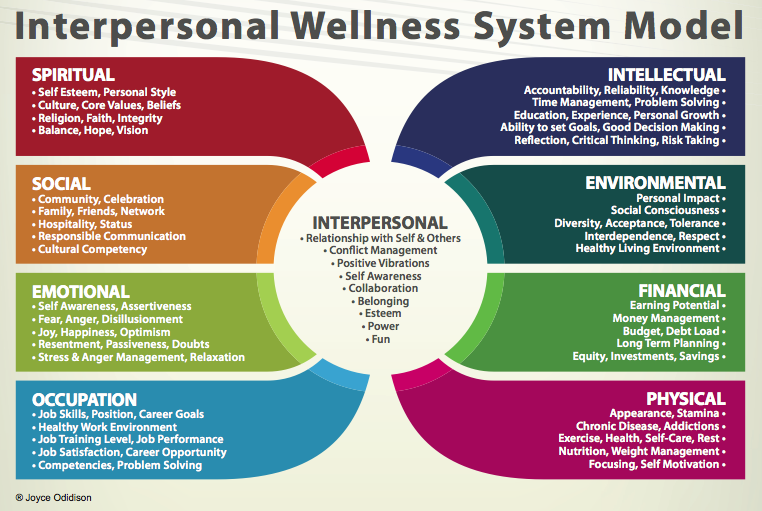
Sociability is the ability to establish contact with an interlocutor, the ability to quickly adapt to an unfamiliar environment, a new working environment. Translated from the Latin "communicabilis" means "communicable". nine0003
What kind of sociable person is he? It has the following characteristics:
- It pursues a specific goal. Clearly, clearly expresses his thoughts. He does not speak for the sake of not being silent. He knows how to inspire confidence, find compromises.
- Such an employee knows in what direction to conduct a dialogue in order to achieve maximum results.
- Manipulation is easy for him. He knows how to change the topic of conversation, moving from one style to another. Confidently behaves, charismatic, easily finds a topic for conversation. nine0018
- He is able to easily find a common language with an interlocutor of any age, status, social status and nationality.
- It is interesting with him as a teenager experiencing youthful maximalism, a poppy and a wise professor.

- The quality of the conversation of such an interlocutor differs from empty chatter, he possesses useful and curious information, and also knows how to present it vividly.
- The feedback and opinion of the other party is always important to him. He perceives communication as a creative process, improvises. nine0018
A sociable person is able to speak to an audience without preparation. This is a person who knows how not only to win the attention of listeners, but also to manage it. Leadership, restraint and flexibility of character are his natural traits.
What is the difference between sociability and communicativeness
Often confusion in meaning turns the terms themselves into a riddle. Communication is one of the components of sociability and contact as such. This is not an innate, but an acquired skill that can not only be developed, but also improved throughout life. nine0003
Communicativeness is the ability to convey information, feelings, emotions, conclusions in an accessible, correct form.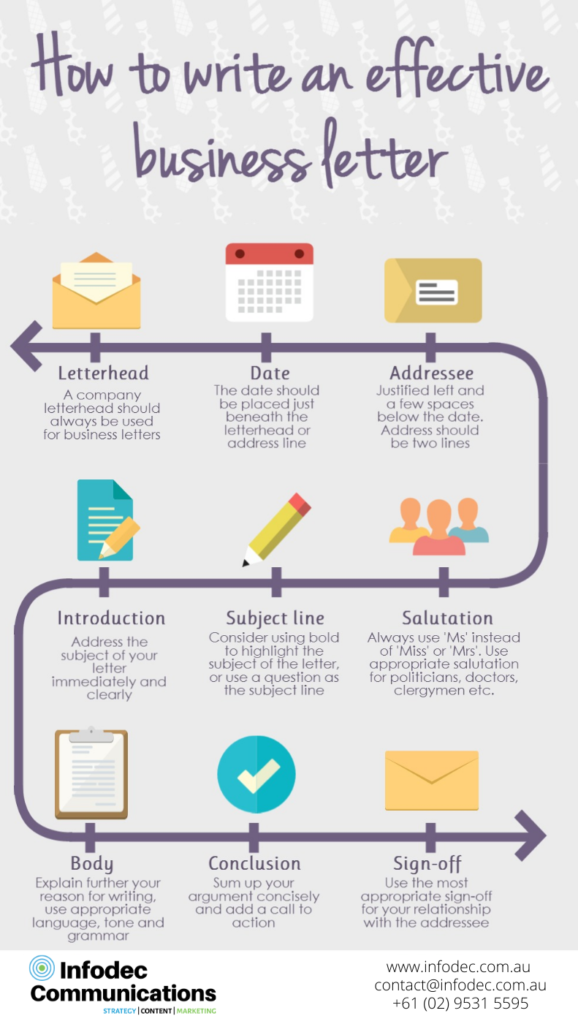 It is also the ability to perceive information, to feel empathy for the interlocutor, the ability to understand and empathize.
It is also the ability to perceive information, to feel empathy for the interlocutor, the ability to understand and empathize.
The concept itself is not always a human skill. Communication as a quality can characterize any tool that transmits and receives information.
Communication is a set of such qualities as:
- Non-verbal communication;
- Management of emotions, anger;
- Active listening;
- Understanding opponent's emotions;
- Ability to express and defend one's point of view.
Communicativeness as a quality of a person cannot be perceived only as a set of skills, this skill is directly related to the segment of needs and motivation.
How to improve communication skills
Not everyone is able to be the center of attention and be the soul of the company. But everyone wants to be heard. nine0003
3 reasons to develop communication skills:
- A sociable person achieves great success in life and career, fully realizes himself as a person in all areas of activity.
 Thanks to the skill of communication, a good speaker is more likely to achieve his goal.
Thanks to the skill of communication, a good speaker is more likely to achieve his goal. - The ability to easily make contact contributes to the acquisition of a wide range of useful and friendly contacts.
- A person who can easily find a common language with any person, quickly resolves conflicts, shows flexibility of thinking and understanding. nine0018
If you want to be successful, develop communication, work on yourself.
Rules of communication
If you want to have positive, sociable, interesting and intelligent interlocutors around you - “Treat people (and colleagues) the way you would like them to treat you” (c) Richard Branson, CEO of the Virgin Group.
Rules for productive communication:
- If you can be the initiator, take control of the conversation in your own hands. To develop communication skills, it is enough to show leadership qualities. It is important not to overdo it, turning into a dictator.
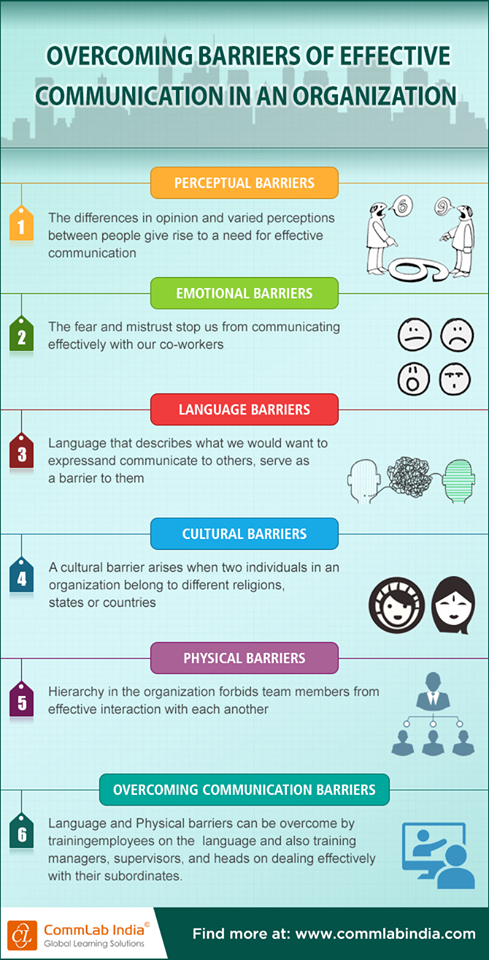 nine0018
nine0018 - Try not to be "dry" in a conversation, show emotionality, empathy, be interested in the opinion of the interlocutor. No need to use formal templates, be original, show artistry, be creative.
- Be optimistic. They are more drawn to positively inclined people, they are consulted, they are more frank and talk about themselves, they are more willing to share classified information.
If you are a shy and reserved person, work on yourself, start small, don't be afraid to discuss interesting information with colleagues, share your opinion. All doors are open to a sociable person. Don't be afraid to show your individuality. nine0003
Exercises for the development of communication skills
Communication is the basis of not only personal relationships, but also working ones. Communication trainings are useful for negotiations, team building, self-confidence, successful sales. Communication is the foundation on which the success of any business rests.
Exercises and trainings on communication skills are aimed at removing internal barriers. They teach the skills of confident communication, self-presentation, the ability to manage the course of a conversation, find compromises, and negotiate. Collective trainings create a friendly, warm atmosphere of support and trust, which is necessary for the effective work of the group. nine0003
We have selected selected exercises to improve communication skills:
“Tell me about…”
Purpose: to develop confident communication skills.
Each of the participants in turn takes any object belonging to him and asks him: "Tell me about your owner." During the training, participants can ask questions from any field of activity.
Oriental Bazaar
Purpose: honing business communication skills, analyzing strategies for achieving goals
Each participant writes their name on 5 stickers. The leaves are folded and sent to the box. After that, everyone in turn must pull out 5 pieces of paper, and then each participant in the training must return the stickers with their name to themselves by any means.
The first one to collect a full set of name stickers is declared the winner. The following is a discussion of the strategies used.
“In other words”
Purpose: to develop the ability to adequately convey the same idea in other words. nine0003
Participants are divided into groups of 3-5 people. After that, the leader says to one player from each team a phrase consisting of 5-7 words. Each participant must convey the meaning of the phrase in other words to his colleague (not a single word should be repeated).
“For that guy”
Purpose: to practice confident communication skills
Participants are divided into pairs. Everyone tells each other about themselves, after which badges are exchanged. After that, one of the members of the couple sits on a chair, the second stands behind him. In turn, each player is asked questions from any field of activity, standing behind must answer all questions, regardless of whether he knows the exact answer or not. In conclusion, the person sitting on the chair should say the percentage of matches of correct answers. nine0003
“How similar we are!”
Purpose: development of communication skills
Participants are divided into pairs. Each couple should find and write down the similarities and characteristics of each other as quickly as possible. After that, each participant must choose another person and also find common characteristics already with him. The winner is the one who first finds five common features.
After the search for common features and characteristics, discussion begins:
- Was the exercise easy or difficult? nine0018
- How fast and easy was it to find commonalities with other participants?
- What helped you make quick contact?
Communication skills exercises are a powerful tool to help you visually improve your ability to communicate in the shortest possible time.
10 books for developing communication skills
- Elisabeth Mermann “Communication and sociability.
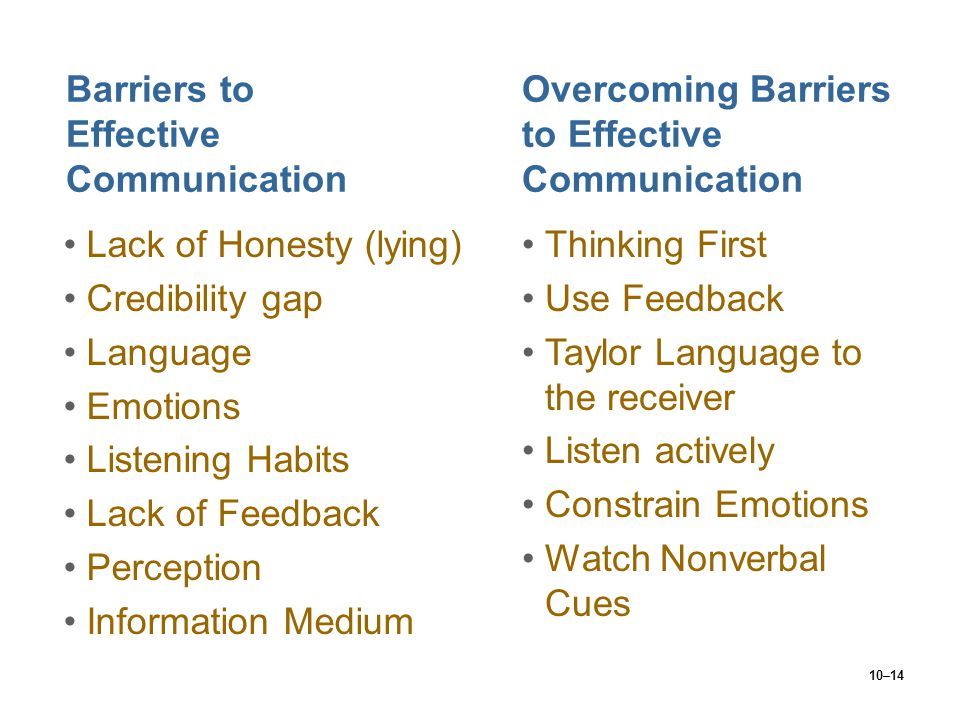 Practical recommendations for open communication”.
Practical recommendations for open communication”.
- Paul McGee “Communication Mastery. How to find a common language with anyone. nine0150
- Philip Zimbardo “How to overcome shyness”.
- Mark Rhodes How to talk to anyone.
- Mark Goulston “I can hear you through. Effective Negotiation Technique.
- James Borg “The power of persuasion. The art of influencing people."
- James Borg “Secrets of communication. The magic of words."
- Billy Fitzpatrick, Wendy Suzuki “The Strange Girl Who Fell in Love with a Brain”.
- Dale Carnegie How to Win Friends and Influence People. nine0150
- Mark Goulston “How to talk to assholes”.
Conclusion
Communication skills are of great importance in professional work. A sociable employee enjoys prestige among colleagues, he is able to set high professional goals and knows how to achieve what he wants. Develop communication skills and achieve success in all areas of life!
how to communicate to get your way
Children's business projects and effective communications
In the summer of 2019, ten teenagers and teachers from the School of Entrepreneurship and Soft Skills
Startup Junior gathered to come up with projects to develop the region and improve the lives of citizens.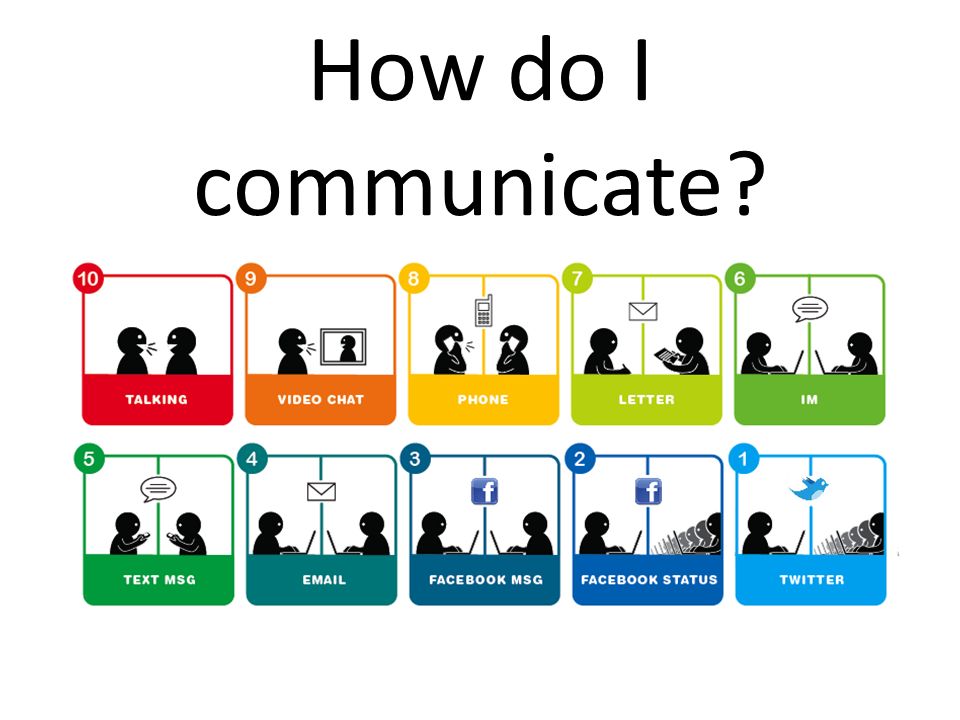
For five weeks, with the support of the developers of the Etalon Group and the holding Setl Group , young entrepreneurs studied theory. Then it was time for the active preparation of projects for presentation. Soft skills came to the fore, and first of all, the ability of the guys to communicate effectively with each other. Due to different characters and temperaments, disagreements happen. The main reason for controversy is questions of leadership and discipline, unconstructive criticism and the grievances that follow it. All this negatively affects productivity. But an agreement will have to be made. Let's figure out how this is possible. nine0003
How to learn to negotiate with teachers and parents
1. Active listening
what exactly they want, and help them to the best of their ability, then they will allow themselves to be persuaded into almost anything.
Rules for Active Listening:
- Do not expect the other person to speak.
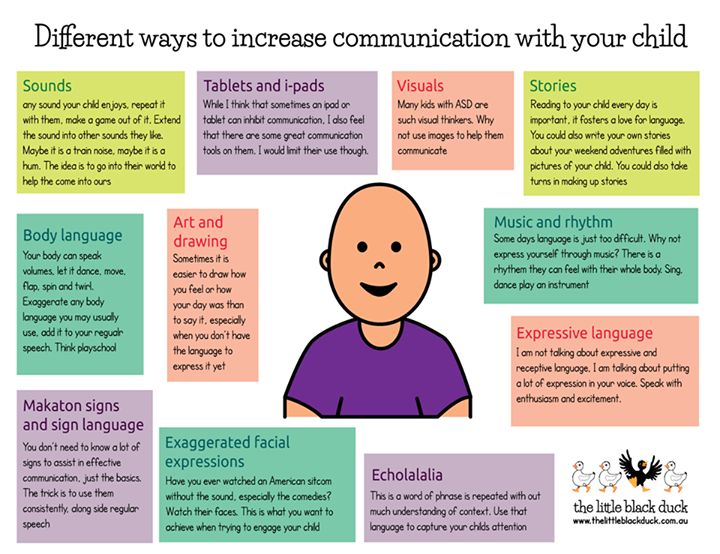 Encourage him to talk: discuss the news, tell a recent story from life, or ask an unexpected question. nine0018
Encourage him to talk: discuss the news, tell a recent story from life, or ask an unexpected question. nine0018 - Try to understand exactly what the other person is saying. If something is not clear, ask again. You can literally repeat the statement, starting with the introductory phrase “as I understand you ...”, “in your opinion ...”, “do you think that ...”.
- Bring distracted interlocutors back to the topic. Do not wait for him to return to the issue that is important to you.
2. Open questions Train yourself to ask open-ended questions when talking to others. Start with: What? as? why? At the same time, open-ended questions should be formulated in such a way that the interlocutor sincerely wants to answer them. Such a question should not contain evaluation, judgment or criticism. nine0003
If you don't agree with the teacher's assessment, don't say "Why?". This is a hidden accusation: "Your choice is not clear to me, and therefore it is wrong.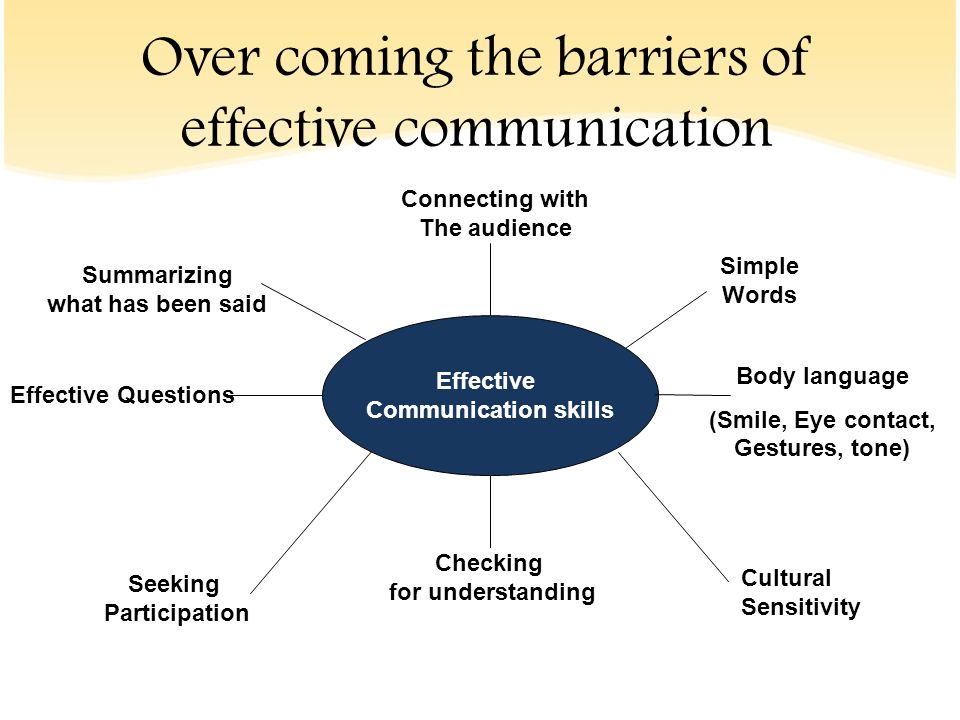 " Ask: “What criteria did you evaluate by?”. This wording will soften the question and difficult conversation.
" Ask: “What criteria did you evaluate by?”. This wording will soften the question and difficult conversation.
If you don't get what you want from your parents, don't start the conversation with "how could you refuse?". This means: “You are not prudent and loyal parents enough.” Ask better than such a decision was dictated.
3. Generalization
Emphasize what you have in common with the interlocutor: goals, interests, opinions. It is also important to observe three conditions:
- Common features should be pleasant to another person, should not put pressure on the patient. Well, if these are positive qualities.
- Respectful and neutral language. It is unlikely that your classmate will be pleased to hear about his tired look.
- Avoid comparing a person with himself and with expectations about him. "You did a good project" instead of "didn't expect from you." nine0018
4.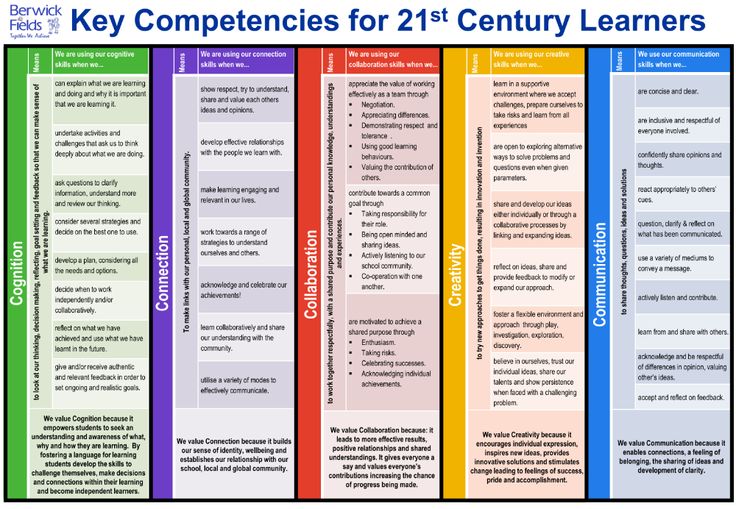 Honesty
Honesty
Honesty in communication is a technique that never fails. If you are worried or nervous, say so. Doing something for the first time - also say. Let the interlocutor feel involved in your experiences and emotions, this brings you closer.
5. Recognition of the importance of the interlocutor
Do not hesitate to admire the qualities of the interlocutor and recognize his achievements, but only if you sincerely want to do so. Do not use this technique for manipulative purposes. nine0150
6. Small Talk
Discussing homework or the new episode of Stranger Things is a casual conversation about trivia. Small-talk helps to talk to the interlocutor, establish contact, find common ground and lay the foundation for trust. Topics for smol-talk:
- current events in the world,
- new movies,
- links to what the interlocutor said earlier (about himself, occupations, hobbies),
- stories from his life.
What makes the interlocutor unbearable
Destructive statements . Accusations, insults, criticism, comparisons. For example, “you are lazy” or “you do nothing”
Expressing desires in the form of demands. Example: "you must help me", "you must buy me a new phone".
Excessive desire to contribute . No need to have your say on every occasion and impose your own standards. We need to acknowledge other people's ideas and opinions. nine0003
Resistance: "no", "but", "nevertheless". Even in a friendly tone, it sounds like "you're wrong."
Unwillingness to share knowledge and valuable resources. Learned something informative, found a cool site - share it with others. After all, the best way to consolidate knowledge is to explain to another person. And there will be a reason for the tar-current.
Self-justification . If you're going to say, "Sorry, I didn't do my homework because I lost my notebook," stop after the word "sorry." nine0003
If you're going to say, "Sorry, I didn't do my homework because I lost my notebook," stop after the word "sorry." nine0003
Depreciation. If you want the interlocutor to respect you, be attentive to him, do not neglect. Phrases like “I don’t care”, “this is nonsense” hurt people.
Ingratitude. In general, gratitude is the magic wand in any communication. Say "thank you" more often.
Sarcasm . It is better not to use negatively colored phrases: “Thank you, helped”, “Well, well, keep up the good work.”
Arrogance. "I do it better than you." nine0003
Effective Communications Books
1. How to Talk to Anyone, Anytime, Anywhere by Larry King. A book about how to overcome awkwardness in talking to strangers and overcome the fear of speaking in public. The author is a master of communication: the most prominent figures in politics, business, sports and art considered it an honor to be a guest on his talk show.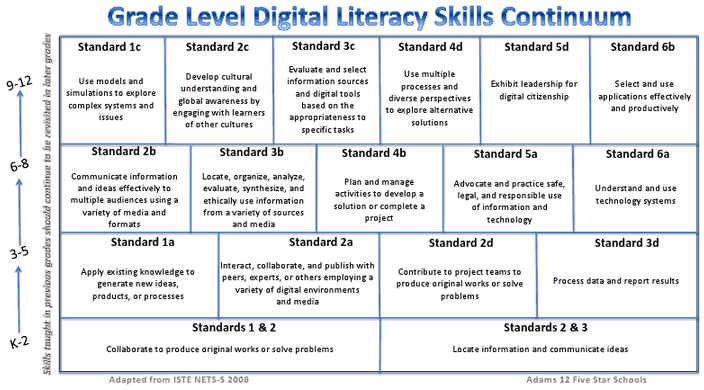 In the book, King shares his secrets and gives many useful tips.
In the book, King shares his secrets and gives many useful tips.
2. “I can hear you through. An Effective Negotiation Technique!” by Mark Goulston. nine0012 In the book, the author gives nine basic rules and 12 quick techniques for persuasion, building empathy, reducing conflict and achieving the desired solution.
3. “The science of communication. How to read emotions, understand intentions, and connect with people by Vanessa van Edwards. How to start a conversation and attract attention? How to get to know the interlocutor better? How to influence colleagues and friends? Vanessa van Edwards gives the most important principles of communication in the book. These principles are not taught in schools and universities, but they determine whether we succeed at work or in personal relationships. nine0003
4. “Psychology of persuasion. 50 Proven Ways to Be Persuasive, Robert Chaldin and Noah Goldstein and Steve Martin.